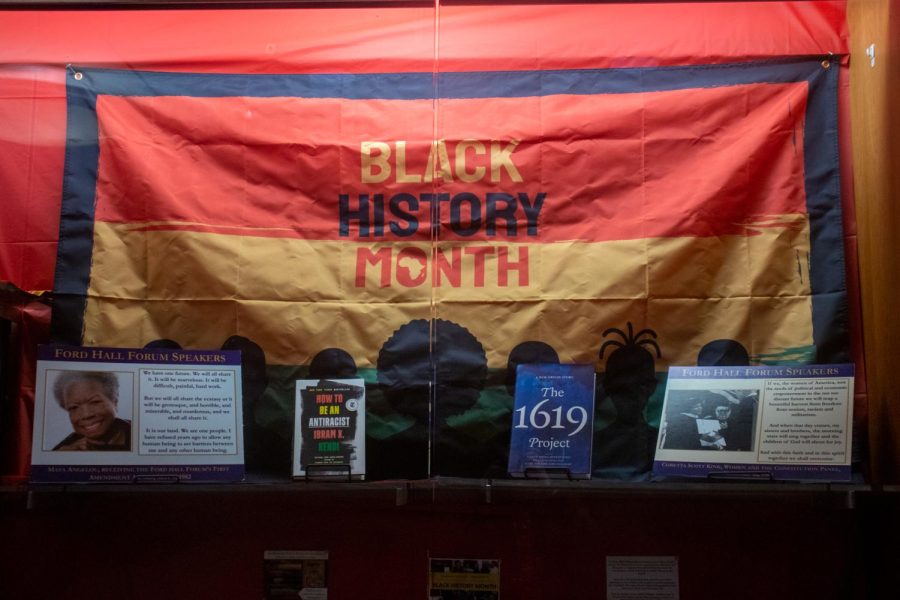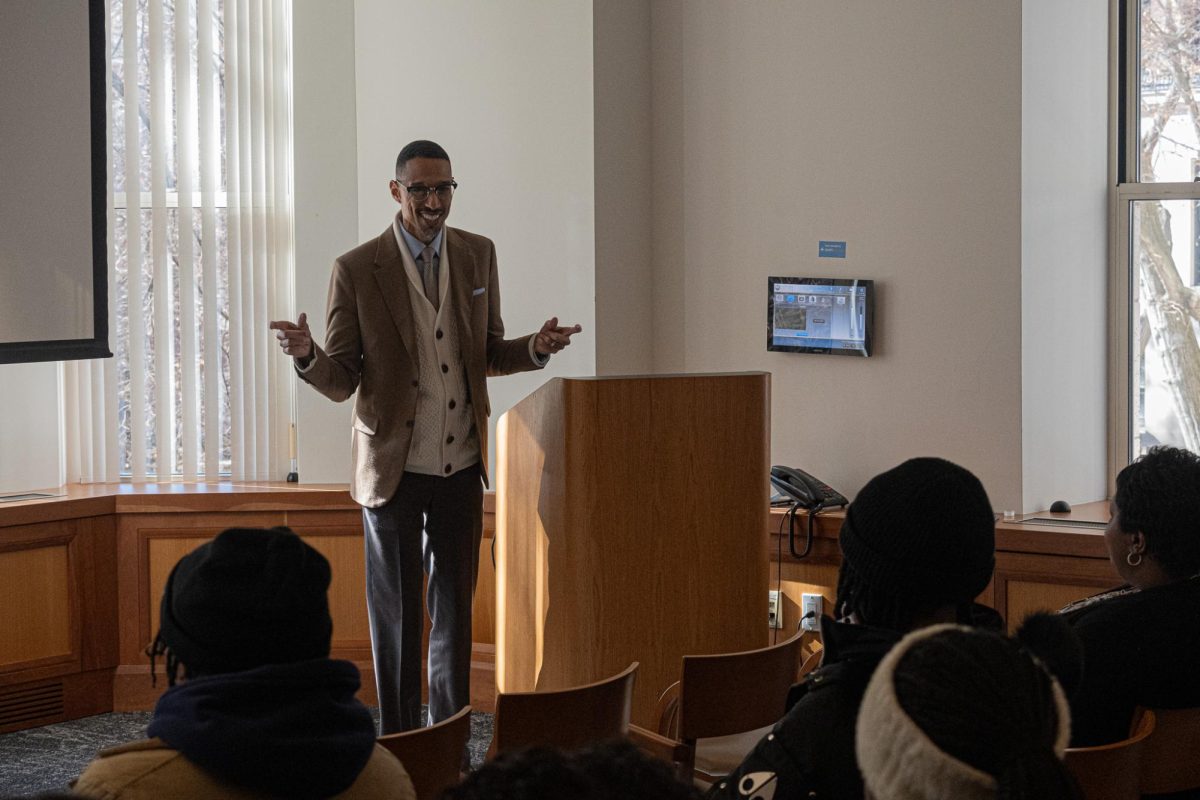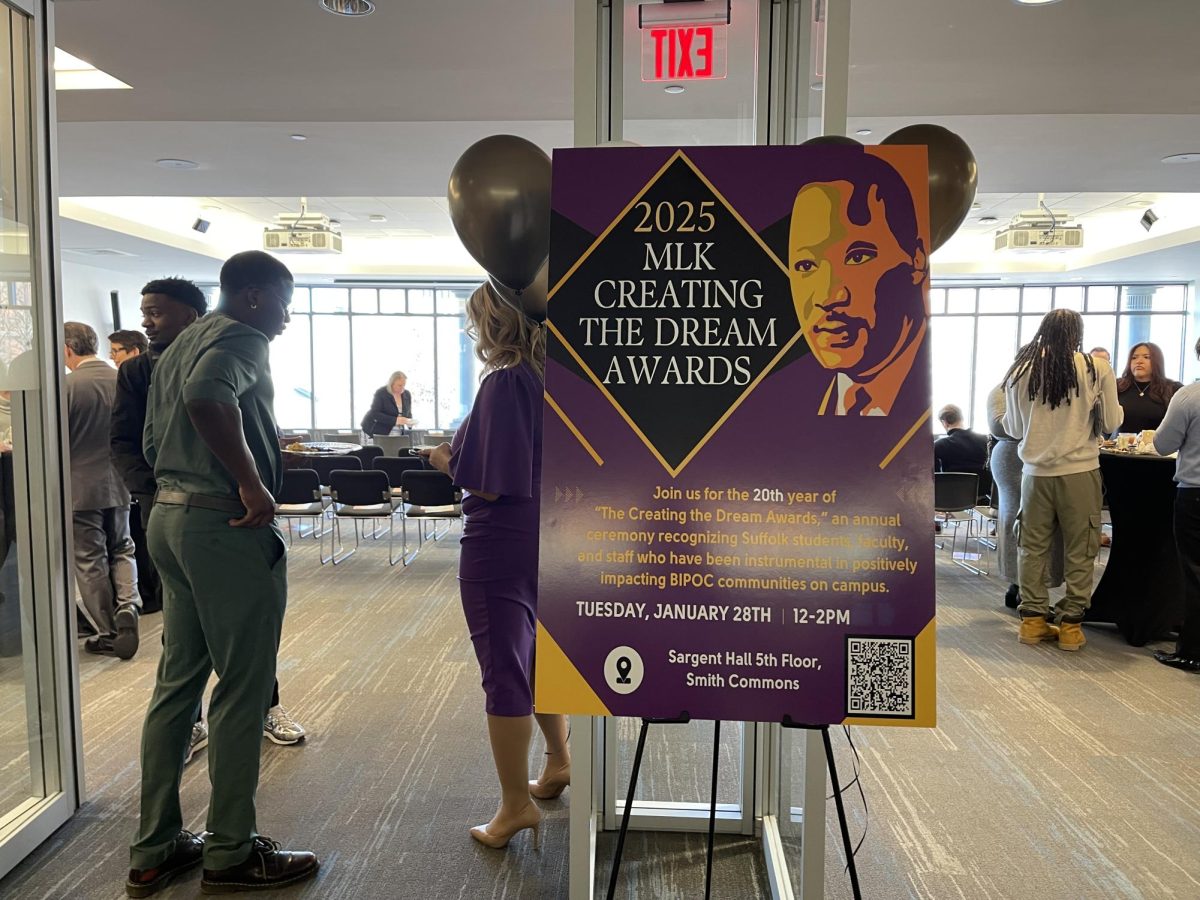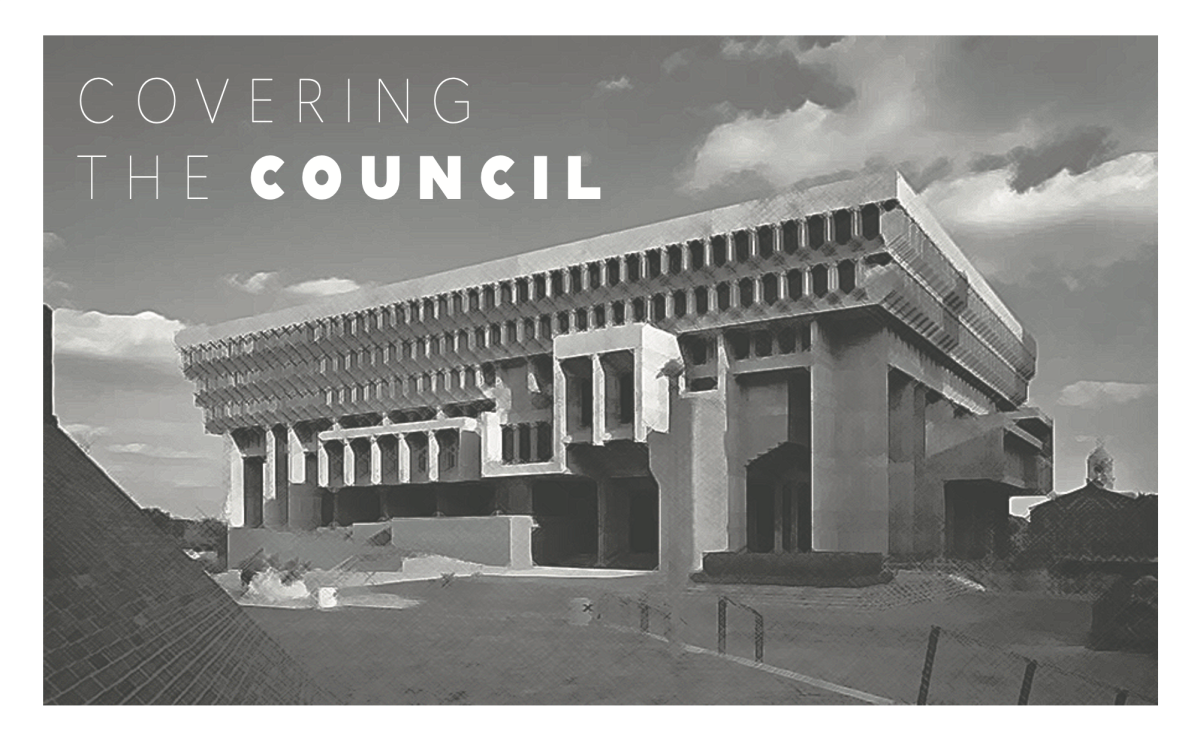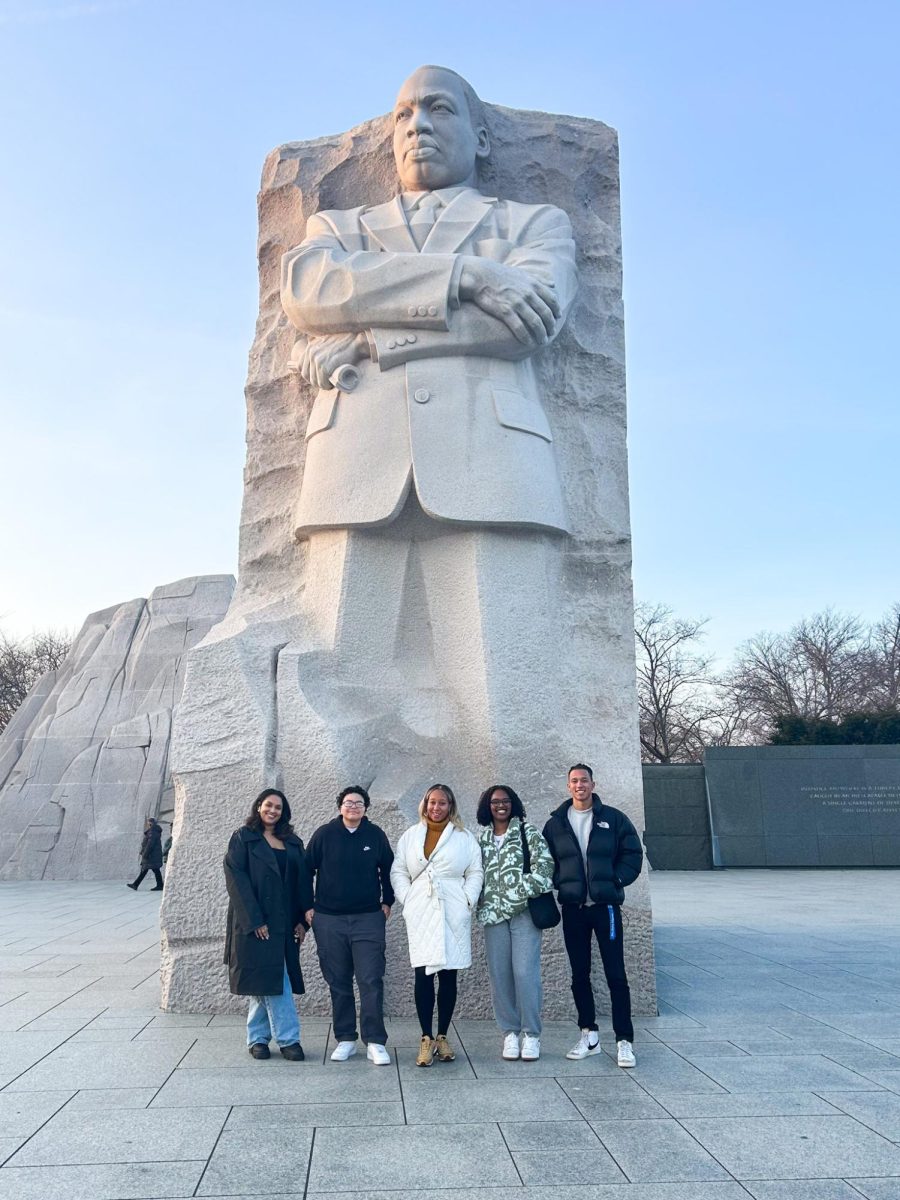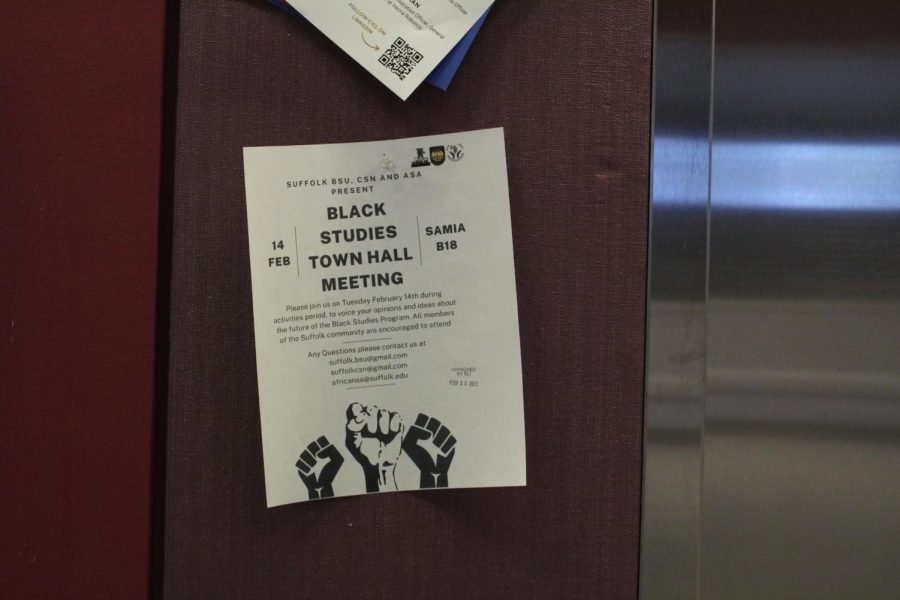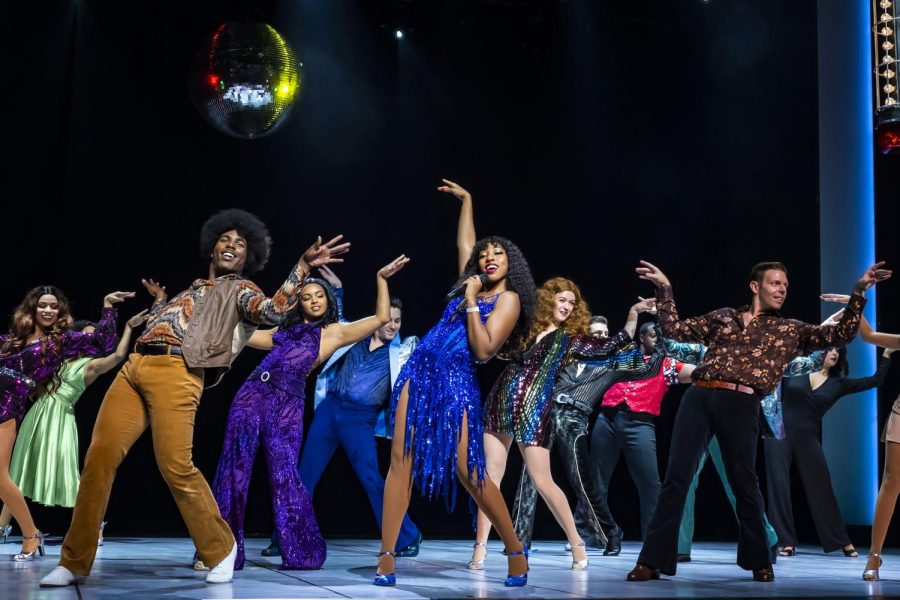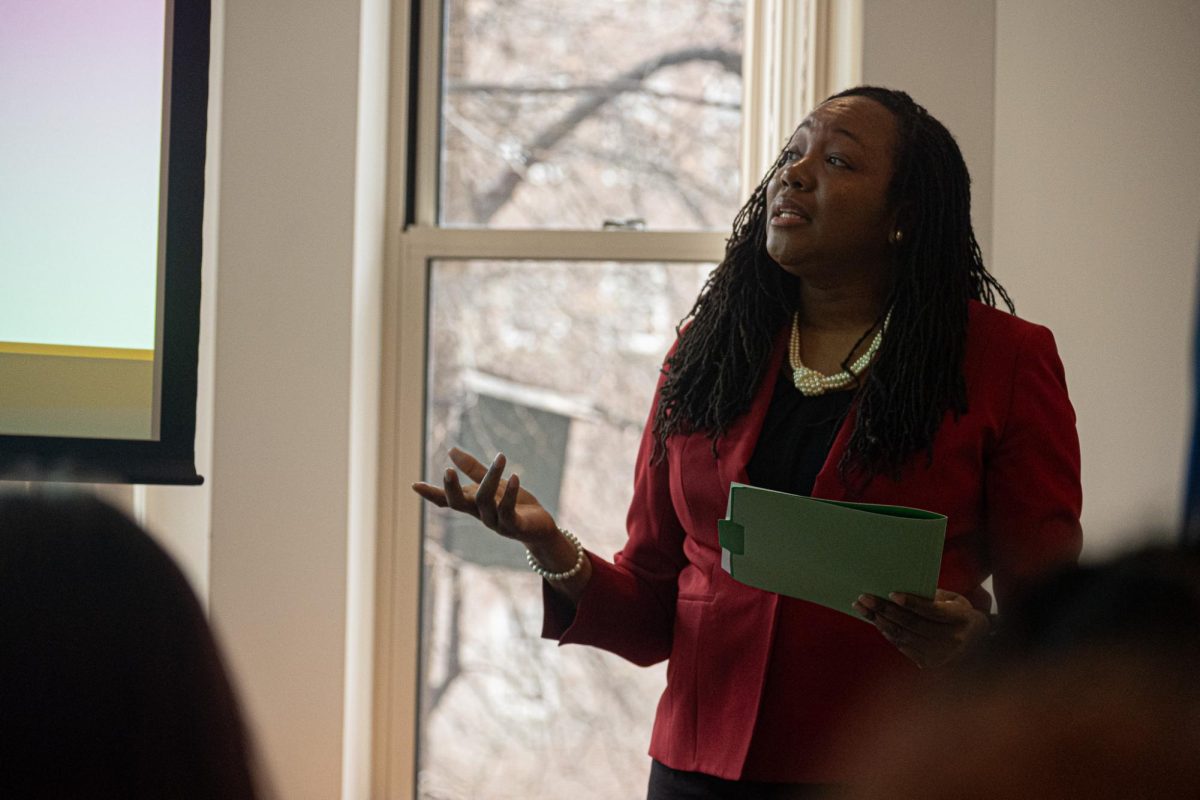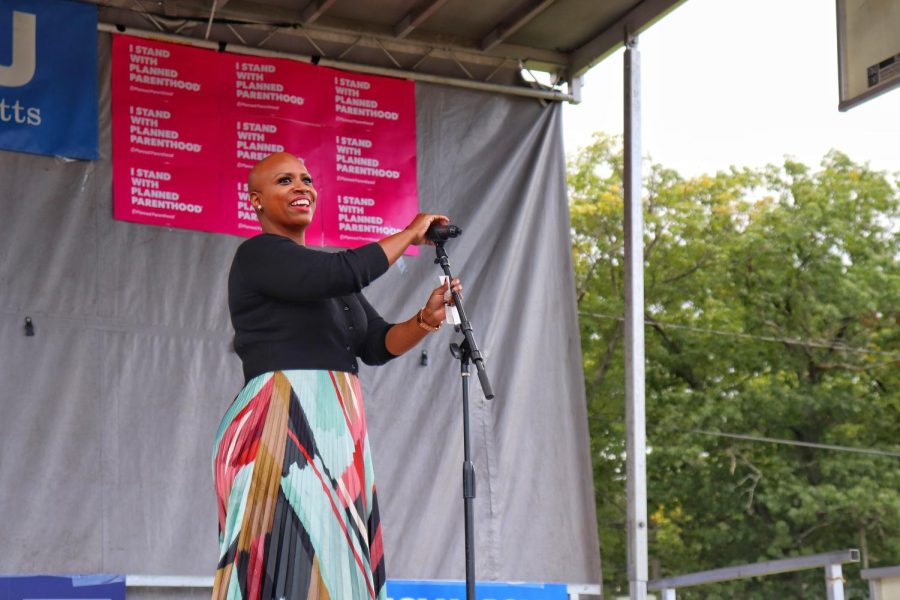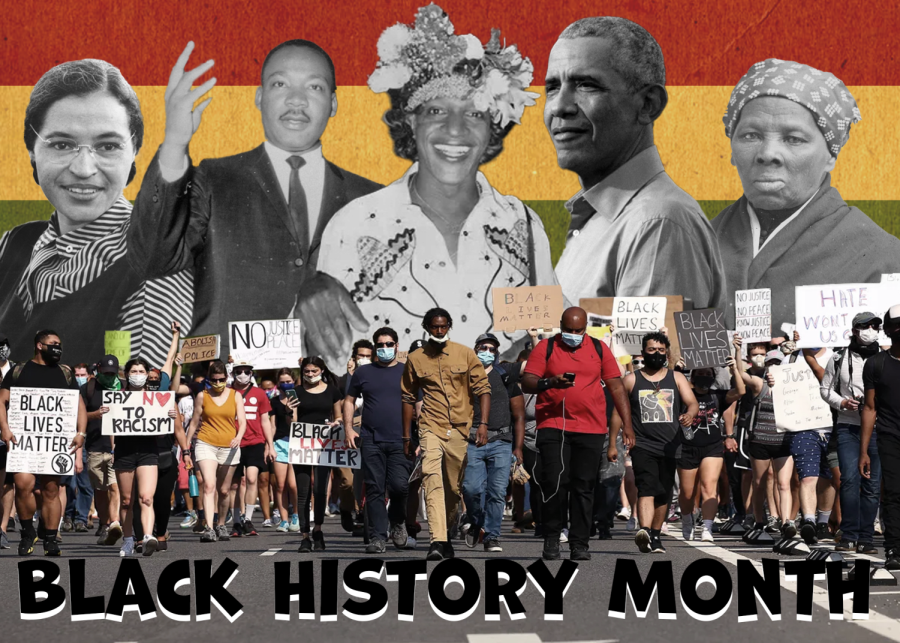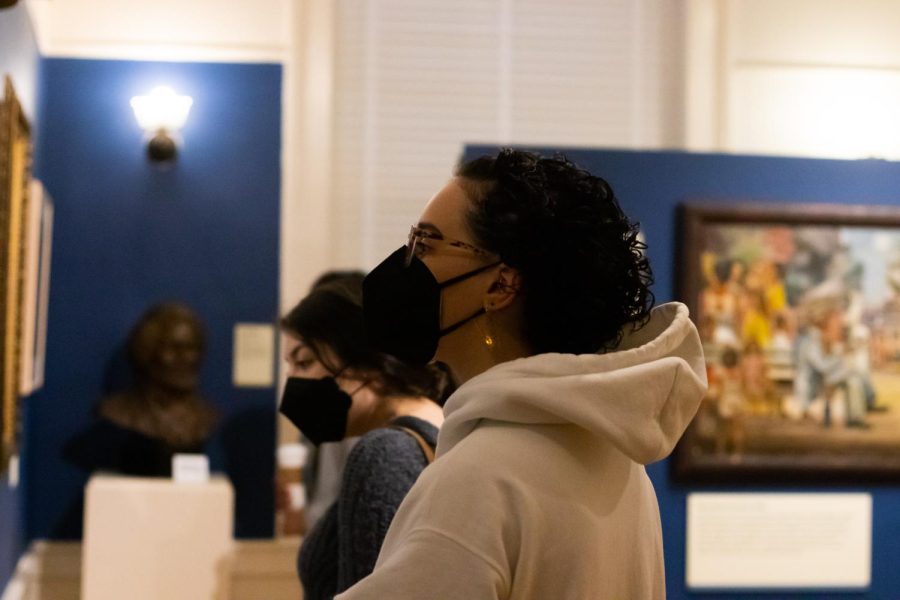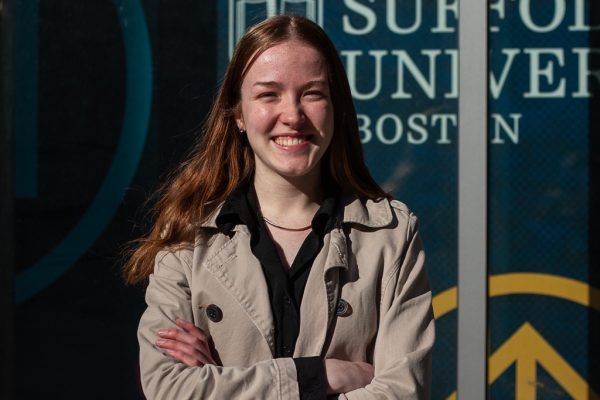The start of February marks the beginning of Black History Month, a month dedicated to celebrating the stories and contributions of people of color, acknowledging the work to be done for equality and learning about the histories that have so long been buried.
Lindsay Dieudonne, president of Suffolk University’s Black Student Union, emphasizes how Black History and American history are intertwined, stressing the importance of studying and uplifting Black History.
“Black History is American history. There’s not one without the other. To have Black History month means celebrating, recognizing and educating others on the achievements, stories and contributions of Black people from our past and present,” said Dieudonne.
Dieudonne aims to utilize her leadership position to amplify Black voices and history.
“As a Suffolk student, I do my best to make sure my history and the history of those who came before me are constantly recognized and highlighted, especially in spaces that work to overlook Black history. I’m a proud Black woman and I will be unapologetically Black all over campus all month long,” said Dieudonne.
Black stories, accomplishments and histories are brought to light through education — a vital part of progress, according to Suffolk University Black Studies professor Charles Yancey.
“The lack of study of African American history contributes to the sickness of racism that persists in our society even to this day,” Yancey said. “If you look at the history of African Americans in Boston, you’re really studying the history of the entire city-state, the country and the world because there’s been no period of time in the city of Boston where there has not been an African American presence. That presence, more often than not, hasn’t been really acknowledged.”
According to the Vice President for Diversity, Access and Inclusion Dr. Joyya Smith, Suffolk strives to elevate Black voices and stories both in and out of the classroom.
“At a time when some states and schools are seeking to erase Black history, we at Suffolk are proud to celebrate it. We know that Black history is American history and that we are all enriched and empowered by learning it all year round. The more fully we know our history in all its complexity, the better prepared we are to build our future,” said Smith in an email to the Suffolk community at the start of the month.
Smith also encouraged the Suffolk community to get involved with Black History Month programs and events throughout the city and around campus, including visiting the Museum of African American History, walking the Black Heritage Trail and attending the Boston Globe’s Black History Month Film Festival.
Smith added that there was an abundance of opportunities on campus as well, including events to be held by Suffolk’s Black Student Union, African Student Association and the Black Law Students Association.
When learning about Black history and experiences, Yancey stated the importance of analyzing history in conjunction with the present and how both influence decision-making for the future.
“The remnants of enslavement of people as human beings still persist in various forms of racism. So I believe that students should start by taking a look at the history and then look at how power is distributed within today’s society. Take a look at, for example, what the makeup of elected bodies, what the makeup of student bodies happen to be and ask if there are disparities,” said Yancey.
Yancey said history demonstrates how current-day underrepresentation and injustices must be addressed in order to achieve progress.
“The political disparities where you find that the majority of most decision-making bodies, public and private, are made up of a relatively small minority of people who happen to be white males, that males represent the norm of the population of this country, and certainly the city of Boston, to the exclusion more often than not of women and people of color,” said Yancey. “I think to the extent that we can take a look at that issue of representation and the issue of economic equity, we can begin to address a number of the other problems that we face in our society. So I would start by asking the students to take a critical look at history itself.”
Suffolk’s Center for Student Diversity & Inclusion focuses on improving inclusivity for students of color, according to Vice President of Communications Greg Gatlin.
“Those efforts include the Racial Equity and Justice Institute, part of a consortium focused on decreasing the opportunity gap, and the Ambassadors for Inclusion program, which offers ongoing workshops on topics like equitable teaching practices and understanding implicit bias. Later this month, Suffolk’s Justice, Equity, Diversity & Inclusion Council will launch a campus climate survey to help the University better understand student needs and identify future remedies,” Gatlin said.
Suffolk University President Marisa Kelly emphasized that these conversations must continue all year long, not just in February.
“Black History Month is also a call to sustained action — to address and reform the systemic inequalities that Black Americans continue to confront today. This work is too important, too essential to who we are, to be confined to a single month. This is work we must pursue every day, all year long,” said Kelly in a written statement.
The focus on inclusivity in change-making, according to Yancey, is vital to improving our communities and institutions for all people.
“If we’re going to address some of the major problems facing our society, we have to ensure that it’s an inclusive process so we’re not missing out on the palate of so many people who historically have been ignored,” Yancey said.
Shealagh Sullivan contributed reporting to this article.
Follow Maren on Twitter @Maren_Halpin26.


